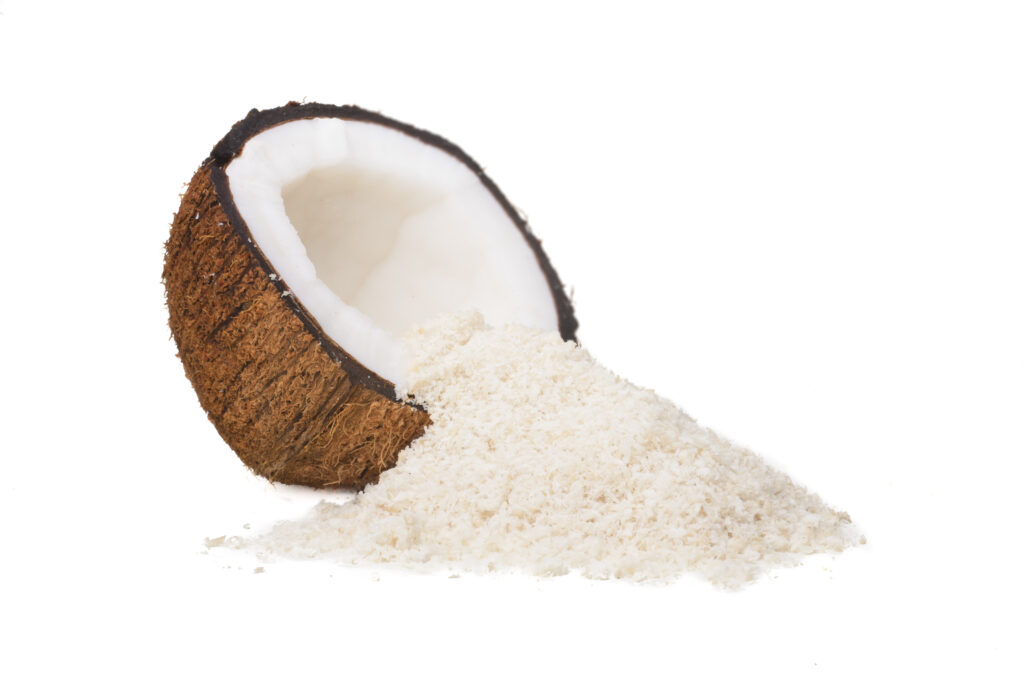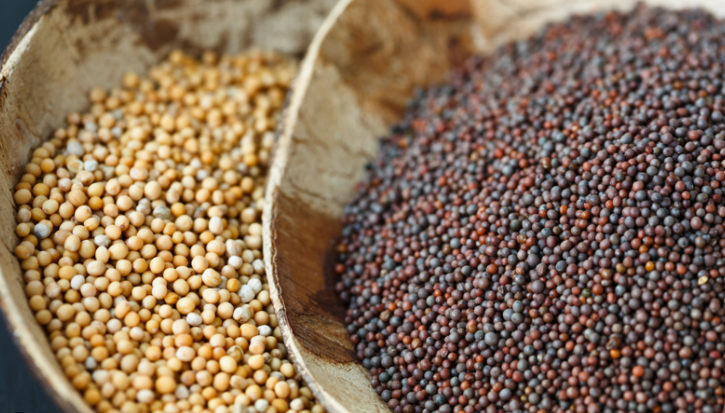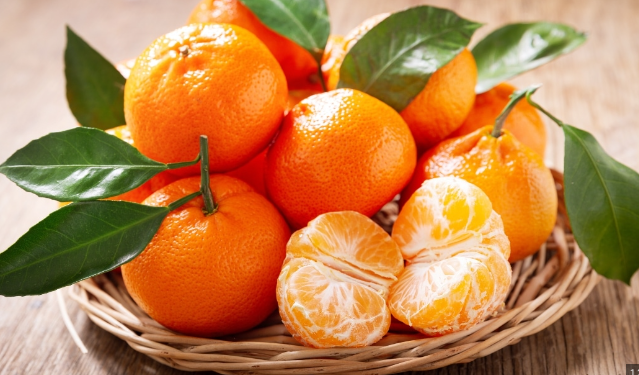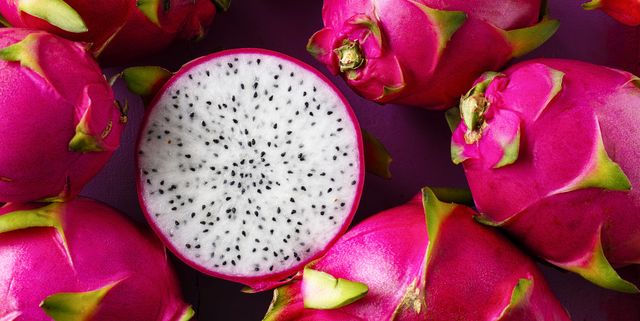Cucumbers are more than just a refreshing snack; they are a powerhouse of nutrients that are especially beneficial for women’s health.
These versatile veggies can do wonders, from enhancing the appearance of your skin to aiding in weight management. Find out how incorporating cucumbers into your eating habits can make a significant difference to your health and wellness.
Table of Contents
- 1. Loaded With Antioxidants
- 2. Super Hydrating
- 3. Supports Healthy Digestion
- 4. Enhances Heart Function
- 5. Promotes Fluid Balance
- 6. Can Aid Weight Loss
- 7. Nourishes The Skin
- 8. Offers Plant-Based Calcium
- 9. May Help Control Blood Sugar Levels
- 10. They’re Packed with Vitamin K for Strong Bones
- 11. Cucumbers Have Special Compounds That May Fight Cancer
- 12. They’re Versatile and Safe for Gluten-Free Diets
- 13. Cucumbers Offer Important Nutrients During Pregnancy
- 14. They Can Reduce Inflammation
- 15. Cucumbers Can Soothe Your Skin
- How to Get More Cucumber in Your Meals
- The Bottom Line
1. Loaded With Antioxidants
Cucumbers are filled with antioxidants like flavonoids, lignans, and triterpenes. Antioxidants fight against harmful particles in your body known as free radicals, helping to protect from diseases.
This is particularly important for women as their bodies produce free radicals during estrogen metabolism. Cucumbers help combat this by offering a rich source of antioxidants.
Especially noteworthy are fisetin and quercetin, two substances in cucumbers that have strong antioxidant and anti-inflammatory properties. These can reduce inflammation and stress in the body, cutting down the risk of many chronic illnesses.
2. Super Hydrating
Cucumbers are made up of about 96% water, which means they are incredibly good at hydrating the body. They give you moisture and essential electrolytes to stay hydrated.
Staying well-hydrated is essential for a woman’s health, helping to keep skin supple, joints moving smoothly, and the body working right. Drinking cucumber-infused water is a tasty way to boost your water intake and help prevent dehydration.
They also contain substances called cucurbitacins, which may help lower inflammation and thus decrease water retention. This could make cucumbers extra helpful for keeping you hydrated.
3. Supports Healthy Digestion
Each bite of cucumber provides water and fiber, which can aid in keeping your digestive system running smoothly. Soluble fiber turns into a gel that helps move waste through the gut, and water keeps stools soft to avoid constipation.
Constipation often affects women more than men, so the hydration and fiber from cucumbers can promote regular bathroom habits and comfort.
Plus, the anti-inflammatory properties in cucumbers might calm the gut, which is beneficial for women dealing with conditions like inflammatory bowel disease (IBD).
4. Enhances Heart Function
In the United States, heart issues are a leading killer of women. Happily, cucumbers contain nutrients like vitamin K, potassium, magnesium, and vitamin C that support a healthy heart.
Consuming enough of these nutrients can help reduce blood pressure, assist blood vessel function, and lower the risk of heart problems.
The antioxidants found in cucumbers also help to protect your heart by reducing inflammation and avoiding the harmful oxidation of LDL cholesterol.
5. Promotes Fluid Balance
Cucumbers act as a natural diuretic, which means they make your body produce more urine. This helps remove extra salt and fluids.
For your body to work well, it needs to have a good balance of potassium and sodium. Cucumbers are rich in potassium, which helps to manage fluid balance in the body.
This also comes in handy for women who experience puffiness and swelling during their menstrual cycles.
6. Can Aid Weight Loss
Cucumbers have a low calorie count but are nutrient-rich, which is why they’re great for anyone looking to lose weight.
They fill you up because of their high water content. Eating foods like cucumbers, which have a lot of water, has been tied to eating fewer calories and having less body weight.
One study showed that women who are overweight or obese ate fewer calories and felt less hungry after drinking more water before meals. Cucumber water could help reduce hunger in a similar way.
Furthermore, cucumbers have compounds called cucurbitacins that might stop fat from building up. Studies in animals show that these substances may have a protective effect against gaining weight.
7. Nourishes The Skin
Cucumbers come with a variety of nutrients like vitamins C and K, silica, and other antioxidants that benefit the skin.
Silica is essential for the production of collagen, which gives skin its strength and flexibility. Vitamins C and K help with skin cell repair and play a part in making collagen.
Antioxidants like beta-carotene shield the skin from sun damage. Eating cucumbers may thus help prevent signs of aging on the skin.
Many women also use cucumbers directly on their skin as a refreshing, moisturizing mask.
8. Offers Plant-Based Calcium
Though dairy products are well-known sources of calcium, some women prefer or need to find their calcium in plant-based foods like cucumbers.
While cucumbers don’t have as much calcium as dairy, they offer a meaningful contribution of this important mineral.
One cup of chopped cucumbers contains 19 mg of calcium, which is 2% of the amount you need every day. This helps women get the calcium they need for strong bones and to cut the risk of fractures as they get older.
9. May Help Control Blood Sugar Levels
Cucumbers have a very low glycemic index (GI), which means they don’t cause a big spike in blood sugar when you eat them.
They have one of the lowest GI ratings at just 15; a low GI is any score below 55.
This can be particularly helpful for women who want to keep their blood sugar levels stable, reducing the risk of diabetes and related health problems.
Cucumbers are a great choice for a low-carb vegetable, especially for women who need to watch their blood sugar levels, like those with diabetes or prediabetes.
They are full of water, fiber, and other good things that help slow down digestion. This helps to stop your blood sugar from going too high after you eat.
10. They’re Packed with Vitamin K for Strong Bones
One cup of cucumbers (104 grams) has about 37% of the daily value (DV) for vitamin K. This vitamin is important because it helps your body absorb calcium and take care of your bones.
Getting enough vitamin K is linked to a lower chance of bone fractures in women, especially after menopause, when bones tend to get weaker.
Since many women don’t get enough vitamin K from their food alone, including cucumber in your diet can help keep bones healthy.
11. Cucumbers Have Special Compounds That May Fight Cancer
Studies have found that some parts of cucumbers can help battle cancer.
Cucurbitacins are antioxidants found in cucumber family plants that have shown to act against cancer in research with cells and animals. They might be powerful against cancers like ovarian, prostate, and pancreatic.
Cucumber skins contain apigenin, which can also fight cancer by stopping cancer cells from growing and making them die.
12. They’re Versatile and Safe for Gluten-Free Diets
Cucumbers are super flexible in how they can be eaten. You can enjoy them fresh or add them to all kinds of dishes, from salads to smoothies.
If you can’t eat gluten, cucumbers are great because they don’t have any gluten in them. They’re a good addition to a gluten-free diet.
You can use cucumbers in many ways:
- Pair them up with dips like hummus, Greek yogurt, or nut butters for snacks.
- Add them into stir-fries, grain bowls, and wraps.
- Use them to make savory snacks with toppings like meat, cheese, or veggies.
- Flavor your water with cucumber slices, which also counts toward your daily water intake.
- Throw them into green juices and smoothies for an extra nutrition boost.,li>
13. Cucumbers Offer Important Nutrients During Pregnancy
Cucumbers are a nutritious choice for a pregnant women’s diet. They provide many essential nutrients needed during pregnancy, such as:
- Water to help with staying hydrated and avoiding constipation.
- Fiber to help with digestion and reduce bloating.
- Vitamin K for developing the baby’s bones and tissues.
- Potassium to help maintain healthy blood pressure.
- Vitamin C for fetal growth and to boost your immune system.
- Folate (vitamin B9) to protect the baby from brain and spine defects.
Eating cucumbers can also help with morning sickness during pregnancy and keep your digestive system running smoothly.
However, pregnant women should avoid unpasteurized cucumber products to minimize the risk of foodborne illness. It’s best to stick with whole cucumbers.
14. They Can Reduce Inflammation
Inflammation can cause many health issues and cucumbers might help reduce it. They contain antioxidants and substances like polyphenols, flavonoids, and cucurbitacins that have been shown to lessen inflammation and pain.
With their anti-inflammatory effects, cucumbers might be good for conditions like arthritis, gout, headaches, and autoimmune diseases.
15. Cucumbers Can Soothe Your Skin
Not only can you eat cucumbers, but they can also be applied directly to your skin. Their anti-inflammatory parts could calm irritations like sunburn, windburn, or other skin issues.
Putting cool cucumber slices on your eyes can be a relaxing treatment, helping to hydrate and sooth them.
However, if you have sensitive skin, try a small piece of cucumber on your skin first to make sure you don’t have an allergic reaction.
How to Get More Cucumber in Your Meals
Here are some easy ideas to include more cucumbers in your diet:
- Add cucumbers to your salads, grain bowls, yogurt, and mixed into dishes like chicken or tuna salad.
- Use cucumber slices instead of crackers for a crunchy snack with your favorite dips.
- Put them in sandwiches, wraps, and pitas for an extra fresh taste.
- Make quick pickles with them right in your fridge.
- Spice up your water with cucumber slices along with some herbs and citrus for flavor.
- Blend cucumbers into your smoothies or make them into juices and frozen pops.
- Try roasting or sautéing cucumbers to bring out a sweet flavor.
- Grill them with a bit of olive oil for a tasty side dish.
- Make your own healthy pickles by fermenting cucumbers.
The Bottom Line
Cucumbers are nutritious, hydrating, and have lots of benefits for your health. They should be more than just a topping for salads.
They could improve your digestion, heart health, help with weight loss, make your skin more elastic, and strengthen your bones. They also have anti-inflammatory, cancer-fighting, and antioxidant benefits.
Cucumbers are easy to add to your meals, tastes great, and come with lots of good for you nutrients. They are a good choice for any woman’s diet.









